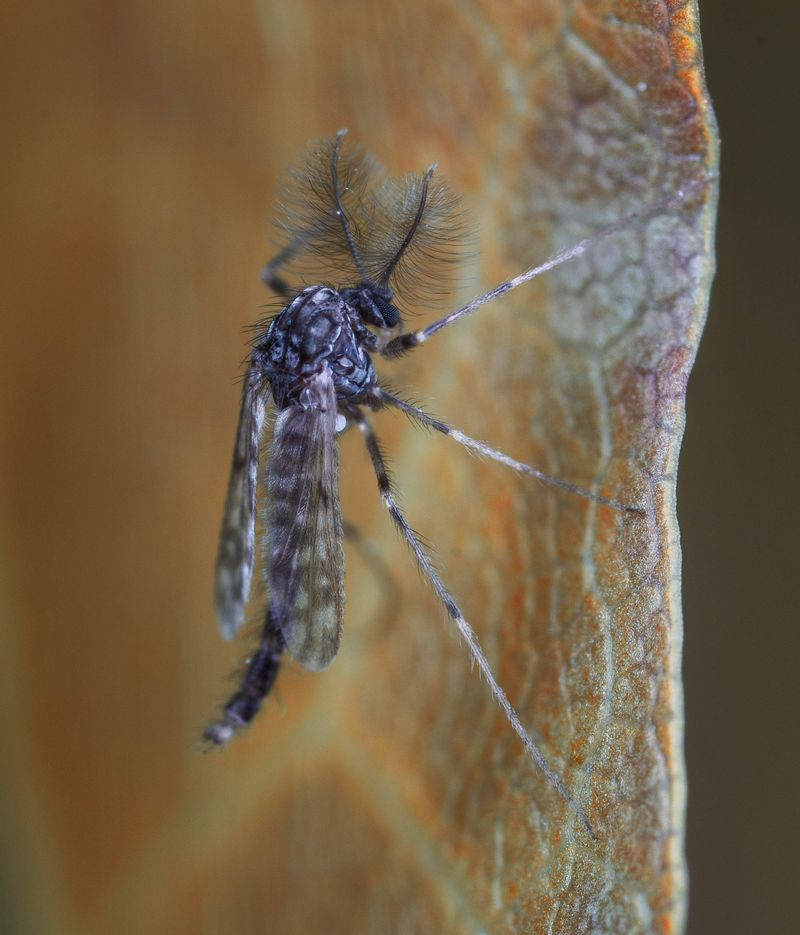Significant Leap Forward in the Fight Against Malaria: Usingizi Bul Bul Campaign Launched in Zanzibar
A Collaborative Effort to Combat Malaria
The United States government, in partnership with the Revolutionary Government of Zanzibar, has launched the Usingizi Bul Bul (‘A Restful Night’s Sleep’) campaign in an effort to fight against malaria. The campaign aims to distribute approximately 248,000 insecticide-treated nets (ITNs) across 53 Shehias in Zanzibar, marking a significant leap forward in the battle against this deadly disease.
With funding from the United States President’s Malaria Initiative (PMI), the U.S. Agency for International Development (USAID) has collaborated with the Zanzibar Malaria Elimination Program (ZAMEP) through its project Breakthrough ACTION to design the Usingizi Bul Bul campaign. This initiative highlights three key actions: ensuring households are registering for ITNs, ensuring households are collecting ITNs, and ensuring people in homes are sleeping under ITNs.
In his speech during the launch event, Zanzibar Minister of Health Nassor Ahmed Mazrui emphasized the importance of collaboration and cutting-edge approaches in the fight against malaria. He expressed gratitude to USAID and partners for their valuable contributions and expressed confidence that this collective effort would bring Zanzibar closer to achieving a malaria-free status.
Innovative Measures for Effective Implementation
The Usingizi Bul Bul campaign introduces a state-of-the-art digital registration and issuance system in Zanzibar for the first time. This system aims to facilitate the registration of households and the seamless distribution of ITNs to the population. The USAID-funded Digital Square project, a global partnership initiative focused on scalable health technology solutions, designed this system to make ITNs more accessible, reduce distribution delays, and ensure that more people benefit from ITNs.
This innovative approach to registration and distribution is a step forward in ensuring that the population receives the necessary tools to protect themselves from malaria. By streamlining the process, the campaign aims to overcome traditional barriers and make ITNs readily available to households.
Addressing Challenges through Social and Behavior Change Initiatives
An important aspect of the Usingizi Bul Bul campaign is its focus on addressing the challenges that hinder consistent ITN usage. While people in Zanzibar have become less worried about contracting malaria, discomfort, difficulty breathing, and itching/rashes still stand as barriers to ITN usage.
New research conducted in Zanzibar highlights the need for social and behavior change initiatives to tackle these challenges effectively. The Usingizi Bul Bul campaign aims to bring about significant, long-term, positive changes within communities by promoting the use of ITNs and raising awareness about the importance of consistent use.
Anna Hoffman, Acting USAID/Tanzania Health Office Director, emphasized the campaign’s dedication to malaria elimination in Zanzibar. She expressed the United States’ commitment to helping the region move towards a malaria-free future and urged Zanzibaris to ensure they receive their ITNs and sleep under them every night for a good night’s sleep, or ‘Usingizi Bul Bul’.
Editorial: Global Efforts to Combat Malaria
The Usingizi Bul Bul campaign is a testament to the global efforts in combatting malaria and the significant role of partnerships and innovation in achieving this goal. Malaria continues to be a major public health concern, particularly in regions like Zanzibar.
While progress has been made in reducing the burden of malaria worldwide, challenges such as insecticide resistance, access to healthcare, and behavior change persist. Initiatives like the Usingizi Bul Bul campaign demonstrate the importance of adopting multifaceted approaches that not only provide effective interventions but also address the underlying barriers to progress.
The partnership between the United States government, Zanzibar authorities, and various organizations showcases the collective determination to eliminate malaria. By combining expertise and resources, these partnerships help amplify the impact of interventions and ensure that crucial tools, like ITNs, reach those most in need.
In addition, the introduction of a digital registration and issuance system reflects the power of technology in advancing global health initiatives. This innovative solution not only enhances efficiency but also facilitates equitable distribution, ensuring that vulnerable populations are not left behind.
Advice: Sustained Commitment and Holistic Approaches
While the Usingizi Bul Bul campaign marks a significant milestone in the fight against malaria in Zanzibar, it is important to recognize that sustained commitment and holistic approaches are needed to eliminate the disease entirely.
Efforts must continue to invest in research and innovation to develop new tools and strategies to combat malaria. This includes addressing challenges such as insecticide resistance, improving diagnostics, and developing new treatments.
Furthermore, a comprehensive approach that includes not only the distribution of ITNs but also access to quality healthcare, education, and targeted behavior change initiatives is crucial. By addressing the underlying social, economic, and cultural factors that influence malaria transmission and prevention, sustainable progress can be achieved.
The success of the Usingizi Bul Bul campaign relies on community participation and engagement. It is essential to involve and empower communities in program design, implementation, and evaluation. By fostering ownership and understanding at the local level, interventions can be better tailored to the unique needs and challenges of each community.
As the fight against malaria continues, it is imperative for governments, international organizations, and communities to collaborate, share knowledge, and pool resources. Together, we can make significant strides towards eliminating malaria globally and ensuring a healthier future for all.
This report was written by , a current affairs commentator for The New York Times.

<< photo by Egor Kamelev >>
The image is for illustrative purposes only and does not depict the actual situation.
You might want to read !
- The Sudden Silence: Mitch McConnell’s Interrupted Press Conference
- The Stars Align: Exploring the Cast of “Dial M for Middlesbrough”
- “Unmasking Joji Obara: Unraveling the Enigmatic Figure Behind the Lucie Blackman Case”
- Billy Joel Dominates BST Festival Stage with Timeless Hits
- Billy Joel’s Unforgettable Performance at BST Hyde Park: A Review and Setlist Analysis




